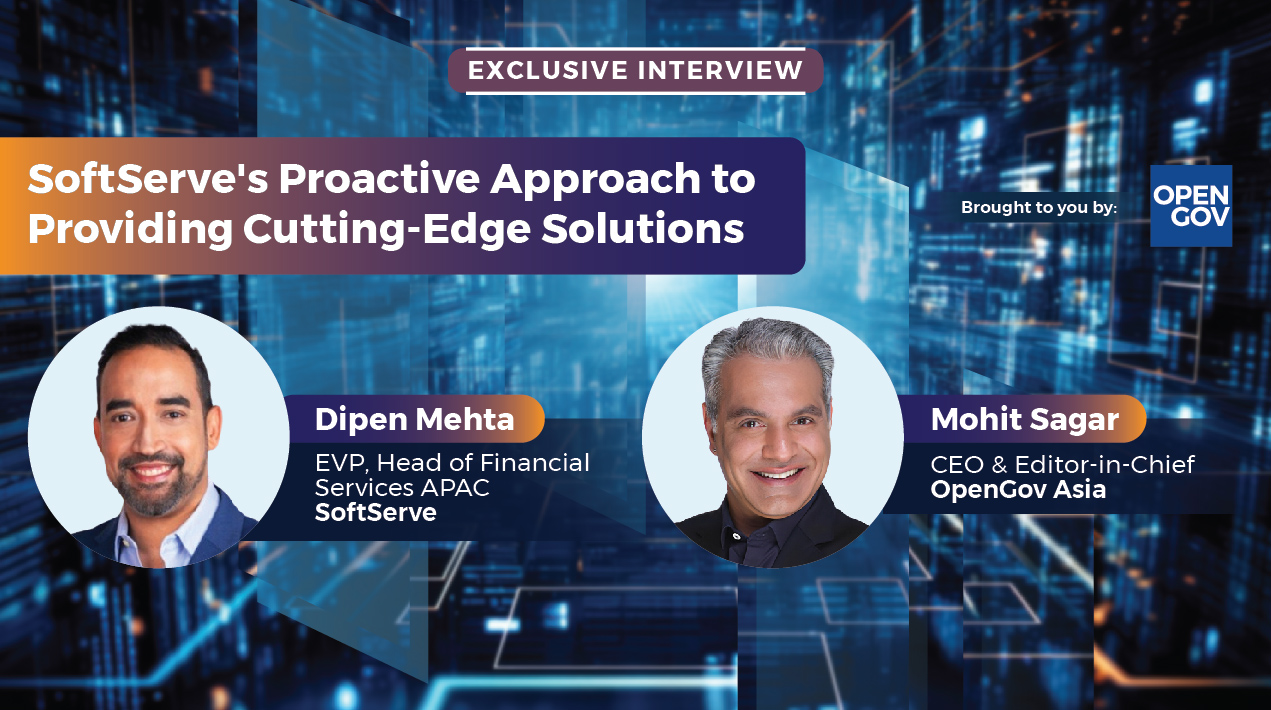
The Telecom Regulatory Authority of India (TRAI) has released its recommendations concerning the
‘Licensing Framework and Regulatory Mechanism for Submarine Cable Landing in India’.
In today’s rapidly evolving global economy, submarine cables play a crucial role as essential digital
communication infrastructure. They are the lifelines for a country’s communication network,
empowering its business and economic activities. Currently, these cables form an extensive web that
spans multiple maritime zones, connecting individuals and businesses worldwide.
The Department of Telecom (DoT) sent a reference letter to TRAI in August 2022 requesting
recommendations regarding a framework for submarine cables landing in India, within the existing
Unified License- International Long Distance (UL-ILD)/standalone ILD license.
DoT was concerned that certain Indian International Long Distance Operators (ILDOs) who do not
possess any stake in submarine cable systems are seeking clearance on behalf of the owners of the
cables to lay or maintain them in India. Additionally, these ILDOs are also seeking permission to
establish Cable Landing Stations (CLS) for these submarine cables.
In addition to the issues raised by DoT, TRAI has taken proactive measures to address other related
issues. Firstly, there is a need for an Indian-flagged vessel for the operation and maintenance of
these cables.
Secondly, TRAI has identified the importance of enabling provisions that facilitate the
establishment of domestic submarine cables connecting multiple cities along the Indian coastline.
Thirdly, issues regarding a new concept called stub-cables that involves the pre-laying of “dark fibre” from the CLS through a beach manhole (BMH) into territorial waters for future submarine cables.
Lastly, clarity regarding the terrestrial connectivity between different CLS.
CLS and submarine operation and maintenance services are to be given the Essential Services’
status, according to TRAI’s recommendations. Also, submarine cables will be notified as Critical
Information Infrastructure (CII) under the National Critical Information Infrastructure Protection
Centre (NCIIPC).
TRAI will exempt custom duty and GST on the goods and items required for CLS, and submarine
operation and maintenance. The recommendation also suggests eliminating the requirement for a
bond by cable ship repair vessels to avail Customs duty exemptions.
It proposed to make the clearances for Environmental Impact Assessment (EIA) and Coastal Region
Zone (CRZ) related to submarine cables and CLS available online through the Saral Sanchar portal.
Furthermore, instead of mandating the presence of DoT officials on board, it suggests that DoT
should coordinate with the Ministry of Defense (MoD) to ensure that survey data collection is
conducted under the supervision of MoD and Indian representatives or responsible licensee officials.
To promote, protect, and prioritise the significance of CLS and submarine cables in India, TRAI
recommended including a dedicated section in the Indian Telecommunication Bill, 2022. This section
would acknowledge the critical nature of these assets and outline measures to support their development, safeguard their operations, and prioritise their importance within the overall
telecommunications infrastructure of the country.
TRAI also made recommendations for two categories of CLS locations: Main CLS and CLS Point of
Presence (CLS-PoPs). The owner of the Main CLS will need to apply for the clearances for the
submarine cable (SMC) landing in their CLS while the owners of CLS-PoPs will require the clearances.
However, they will need to fulfil the security and regulatory obligations. ILD/Internet Service
Provider Category A (with International Internet Gateway) licensees will be allowed to access and
extend their owned or leased dark fibre pairs in the SMC from the main CLS to their respective CLS-PoP location.
















